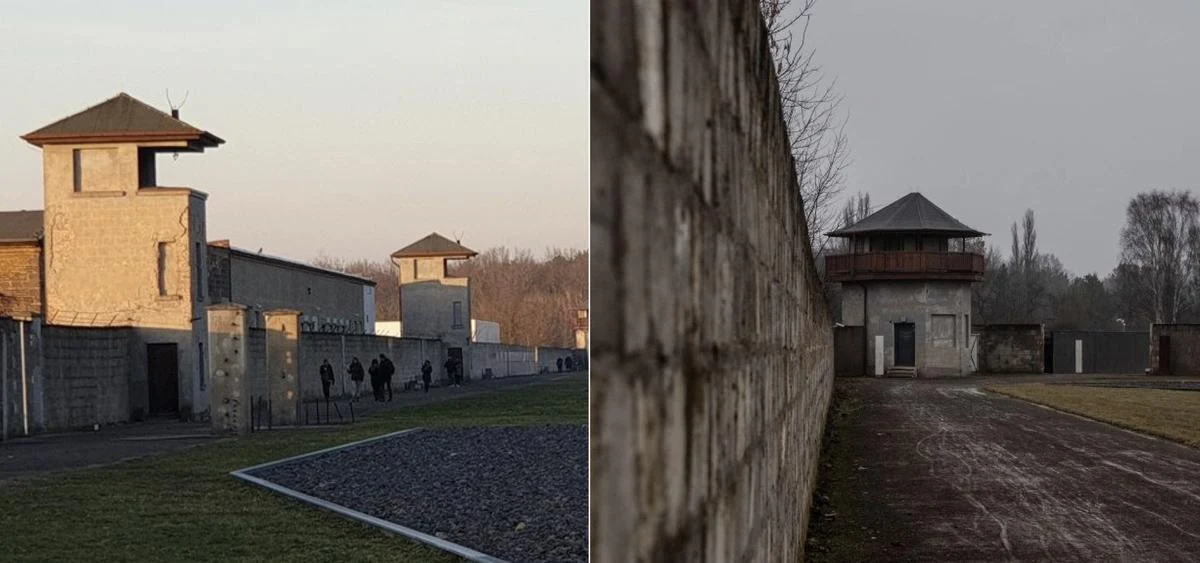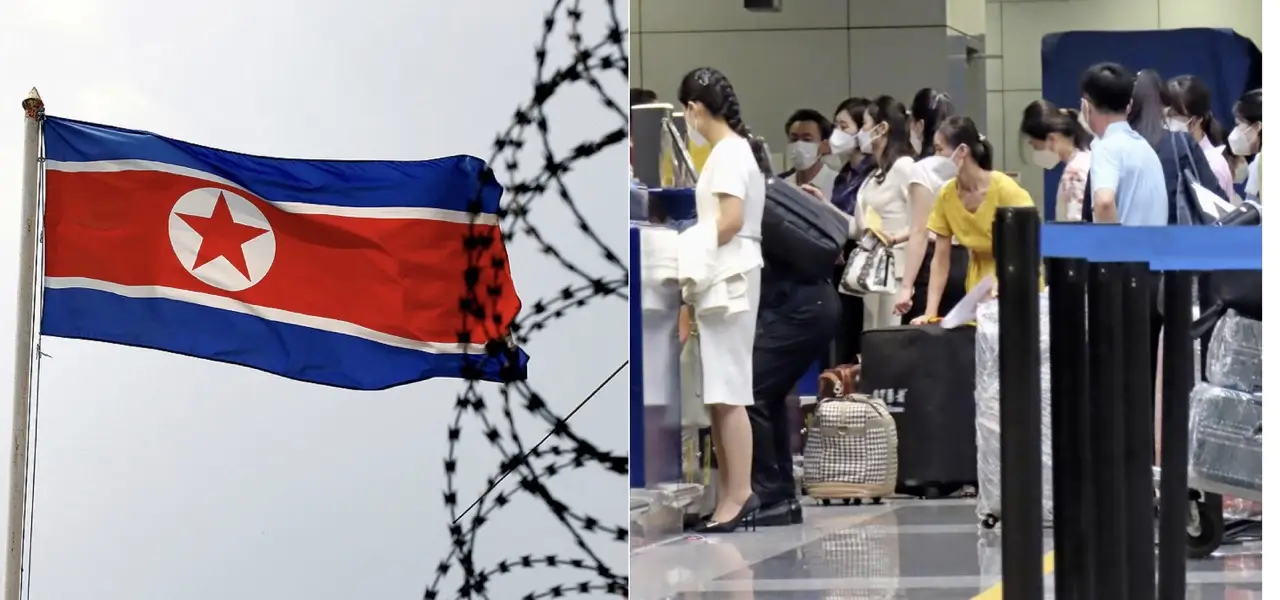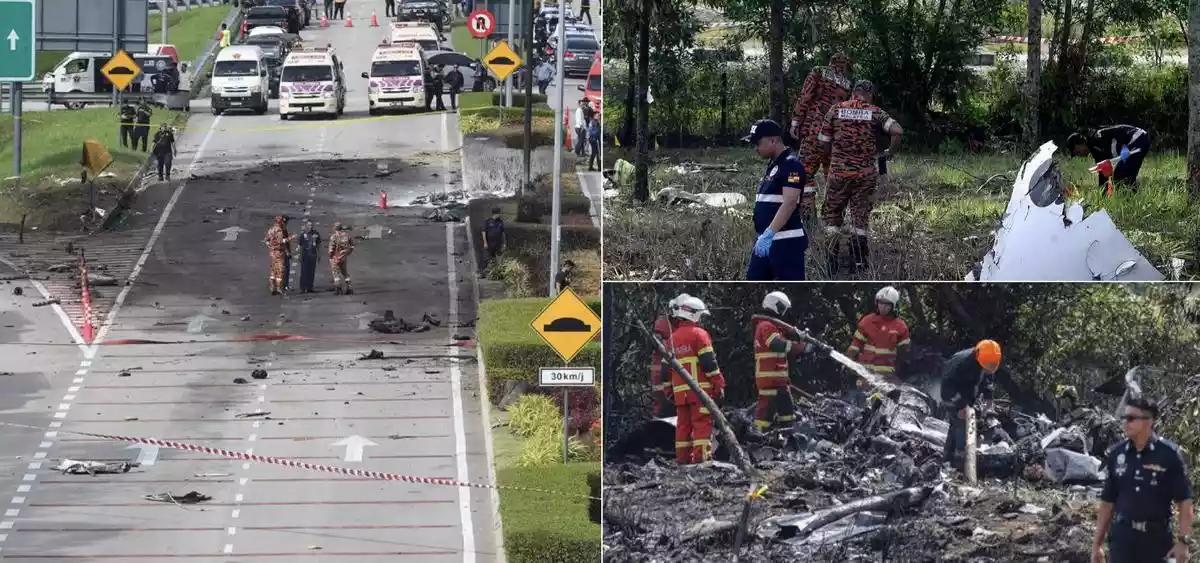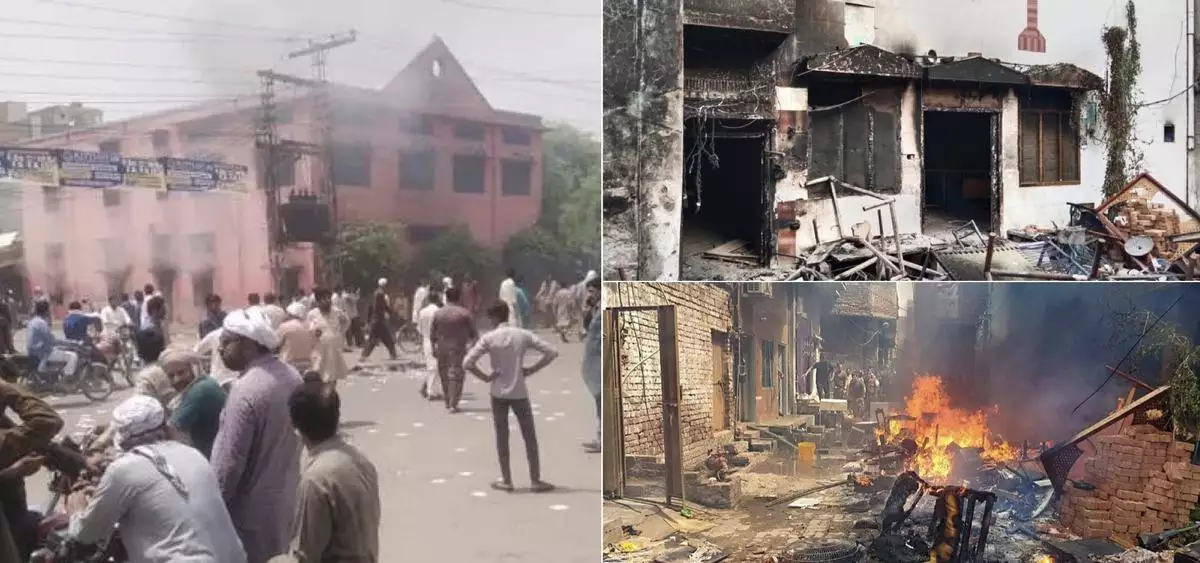In a shocking act of violence, a group of armed gang members wreaked havoc in a women’s prison in Honduras, resulting in the tragic death of 46 inmates. The ruthless assault involved gunfire, machetes, and a horrifying plan to burn survivors alive. The magnitude of this atrocity has sent shockwaves throughout the nation, calling for urgent action to address the deep-rooted issues within the prison system.

Photo Credit: Rawpixel
In a shocking and devastating incident, a group of gang members unleashed a horrifying rampage within a women’s prison in Honduras, leaving 46 inmates dead. The perpetrators, armed with guns and machetes, embarked on a brutal assault, spraying gunfire, hacking with machetes, and locking survivors in their cells before dousing them with flammable liquid. The viciousness of the attack has been described as the worst atrocity to occur in a women’s prison in recent memory, sending shockwaves throughout the nation.
Conmocionada monstruoso asesinato de mujeres en CEFAS, planificado por maras a vista y paciencia de autoridades de seguridad. Mi solidaridad con familiares. Convoco a rendir cuentas al Ministro de Seguridad y la presidenta de la Comisión Interventora. ¡Tomaré medidas drásticas !
— Xiomara Castro de Zelaya (@XiomaraCastroZ) June 20, 2023
Translation: Shocked by the horrible murder of women at CEFAS, which was planned in plain sight by gangs with the cooperation of security forces. In solidarity with family members who have had to endure this day. I call the Security Minister and the President of the Intervention Commission to account. I’ll take drastic steps!
The prison, located in the town of Tamara, approximately 30 miles northwest of the capital city, Tegucigalpa, became a scene of unimaginable horror. President Xiomara Castro herself referred to the incident as “monstrous,” highlighting the magnitude of the tragedy that unfolded.
Relatives of detainees at Tamara’s Women’s Center for Social Adaptation (CEFAS) prison cry outside the detention center following a fire caused by an inmate altercation.
According to reports, the inmates at the facility had been living under constant threats from members of the notorious Barrio 18 gang for weeks leading up to the riot. Disturbingly, the gang members managed to equip themselves with prohibited weapons and easily bypass the guards, carrying locks to trap their victims inside their cells, seemingly with the intention of burning them alive. The ferocity of the resulting fire left the cell walls charred and the beds twisted into mangled heaps of metal.
Juan López Rochez, the chief of operations for Honduras‘ National Police, explained that a group of armed individuals targeted a rival gang’s cellblock. They swiftly locked the doors and unleashed a hail of gunfire on their victims. The entire incident was captured on security cameras until the gang members destroyed them, suggesting a meticulously planned attack.
Outside the Women’s Center for Social Adaptation (CEFAS) prison, the mother of one of the detainees mourn the loss of her daughter.
The incident, according to President Castro, was staged by street gangs known as maras with the knowledge and cooperation of security forces. In reaction to the disaster, Security Minister Ramón Sabillón was fired and replaced by former National Police Chief Gustavo Sánchez. Castro, however, did not explain how the gang members were able to get firearms and machetes into the prison or travel freely between cell blocks. According to initial accounts, the doors of the gang’s cell block had been left unlocked, allowing the assault to take place.
The extent of weaponry discovered within the prison following the riot was staggering, including 18 pistols, an assault weapon, two machine pistols, and two grenades, all skillfully smuggled into the facility. The existence of such contraband raises questions about potential security breaches and human failures within the prison system. Authorities are now conducting a thorough investigation, scrutinizing all employees at the center.
A mom sobs after recognizing her daughter among the 46 women killed in a fire that broke out during a quarrel between inmates of the Women’s Social Adaptation Center (CEFAS) prison.
Survivors of the attack endured unimaginable horrors, with 26 victims burned to death and others shot or stabbed. At least seven injured inmates were receiving medical treatment at a hospital in Tegucigalpa. The death toll from this riot surpasses that of a tragic 2017 fire at a Guatemalan female detention center, where 41 girls lost their lives while protesting against mistreatment. It also stands as the worst prison disaster in Honduras since 2012, when 361 male inmates perished in a fire at the Comayagua men’s penitentiary.
Disturbingly, there were prior warnings about the potential for such a tragedy. Relatives of inmates revealed that they had been repeatedly threatened by Barrio 18 gang members, creating an atmosphere of fear and tension within the prison walls. Johanna Paola Soriano Euceda, who anxiously awaited news about her mother and sister held at the facility, stated that they had disclosed the escalating tensions just days before the incident.
The massacre in the women’s prison has been characterized as a terrorist act, shedding light on the extent to which gangs wield control within the Honduran prison system. Gangs operate with impunity, often dictating their own rules and engaging in illicit activities within the facilities. Reports suggest that drugs, weapons, and other contraband are routinely smuggled into the prisons, indicating severe failures in security and allegations of corruption among prison staff.
The Honduran government now faces mounting pressure to address the deep-rooted issues and vulnerabilities within its penitentiary system. Urgent reforms are needed to prevent the infiltration of weapons, drugs, and contraband, strengthen security measures, and curtail the power of gangs. Some have pointed to the zero-tolerance and no-privileges prison system implemented in neighboring El Salvador as a potential model for Honduras. However, the measures undertaken in El Salvador have been heavily criticized for human rights violations, underscoring the delicate balance between ensuring security and upholding individual rights.
As Honduras mourns the loss of 46 lives in this brutal prison riot, the nation must confront the dire realities of its flawed penitentiary system. The massacre serves as a stark reminder that the safety and well-being of inmates and prison staff are at stake, demanding swift and comprehensive action to prevent future tragedies and restore faith in the justice system.
Stay connected with Today On Globe for the latest Global Issues and News Updates.
Explore more related articles at [TOG News / TOG Article]













